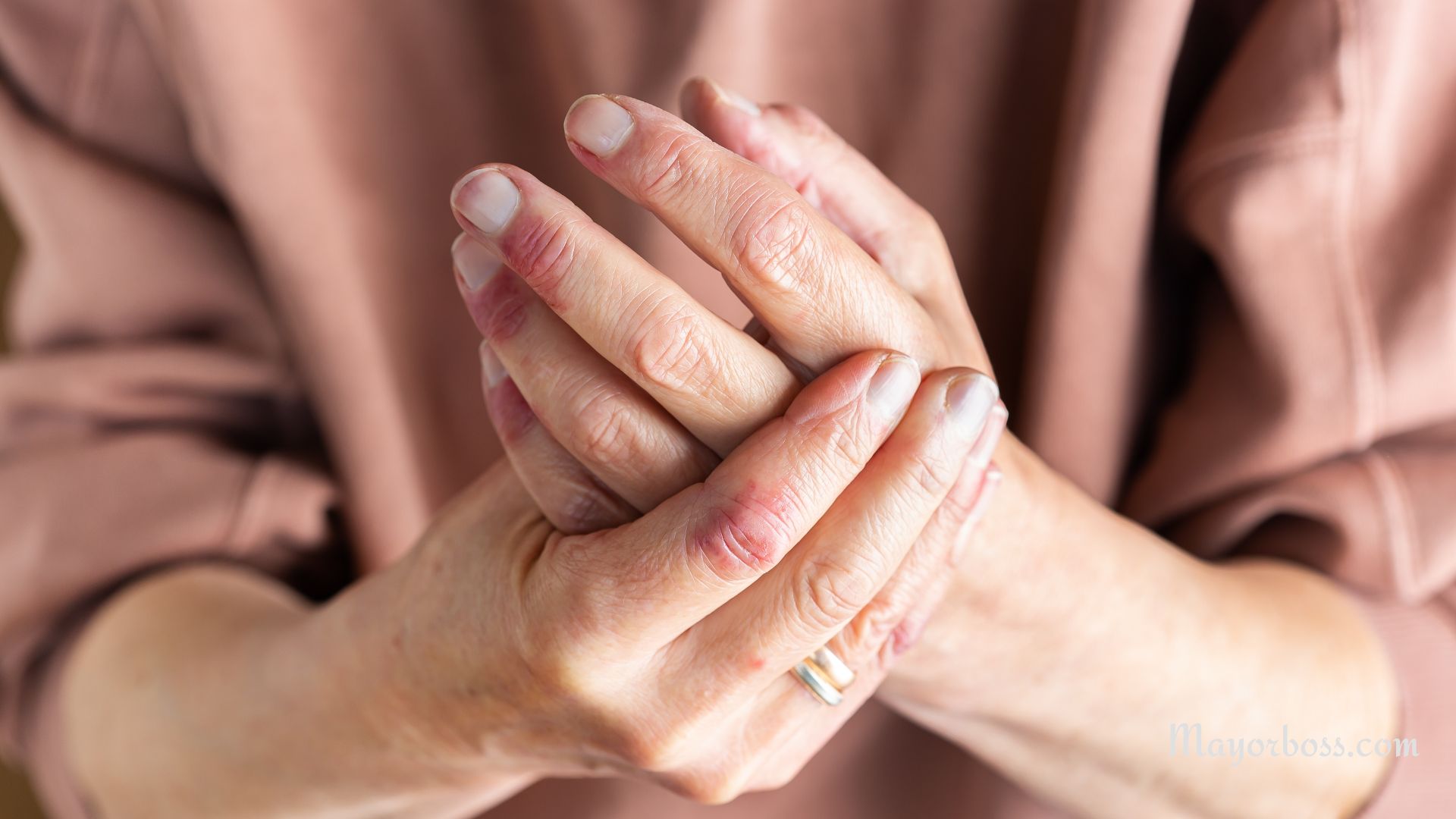Eczema in Adults: Managing Symptoms and Seeking Relief
Eczema, a term often used to describe a range of persistent skin conditions, includes dryness and persistent skin rashes characterized by one or more symptoms like redness, swelling, itching, and flaking. If you’re an adult living with eczema, you’re not alone. This condition can be frustrating, but understanding and managing it can make a significant difference. This article looks at what causes adult eczema, how to manage its symptoms, and when to seek professional help.

What Causes Adult Eczema?
While the precise cause of eczema is not fully understood, it’s believed to be associated with a combination of genetic and environmental factors. Your immune system’s response to irritants plays a crucial role. When it overreacts, it leads to inflammation, resulting in the symptoms of eczema.
- Genetic Factors: If your family has a history of eczema, asthma, or hay fever, you’re more likely to develop eczema.
- Environmental Triggers: These can include irritants like soaps, detergents, dust mites, pollen, and certain foods.
- Stress: Yes, stress can exacerbate eczema! It’s not a direct cause, but it can trigger or worsen symptoms.
- Hormonal Changes: Women may notice changes in their eczema symptoms at different times in their menstrual cycle, during pregnancy, or at menopause.
- Skin Barrier Dysfunction: Individuals with eczema often have a compromised skin barrier, making it easier for irritants to penetrate the skin and for moisture to escape.
Managing Symptoms of Eczema
Managing eczema is all about minimizing exposure to triggers and soothing your skin.
- Moisturize Regularly: This is key in eczema care. Use fragrance-free, hypoallergenic moisturizers, preferably right after bathing, to lock in moisture.
- Avoid Known Irritants: Be aware of what triggers your eczema and try to avoid these irritants.
- Gentle Skin Care: Use mild, fragrance-free soaps and avoid hot water in showers or baths.
- Stress Management: Since stress can trigger eczema, finding effective ways to manage stress, like yoga, meditation, or exercise, can be beneficial.
- Dress Smartly: Wear loose, comfortable clothing made of natural fibers like cotton, which is less likely to irritate your skin.
When to Seek Professional Help
It’s important to consult a healthcare professional if:
- Your eczema is severe or not responding to home care.
- You suspect an infection (increased redness, warmth, swelling, or pus).
- You’re experiencing unbearable itching or pain.
- Your sleep or daily activities are disrupted by eczema.
Frequently Asked Questions
Q: Can diet affect adult eczema?
A: Yes, in some adults, certain foods can trigger eczema symptoms. It’s worth keeping a food diary to see if there’s a link between what you eat and your eczema flare-ups.
Q: Are there any natural remedies for eczema?
A: Some people find relief with natural remedies like oatmeal baths, aloe vera, and coconut oil. However, it’s important to discuss these with your doctor before trying them.
Q: Can adult eczema go away on its own?
A: Eczema is a chronic condition, and while symptoms may improve with proper care, they can also flare up periodically.
